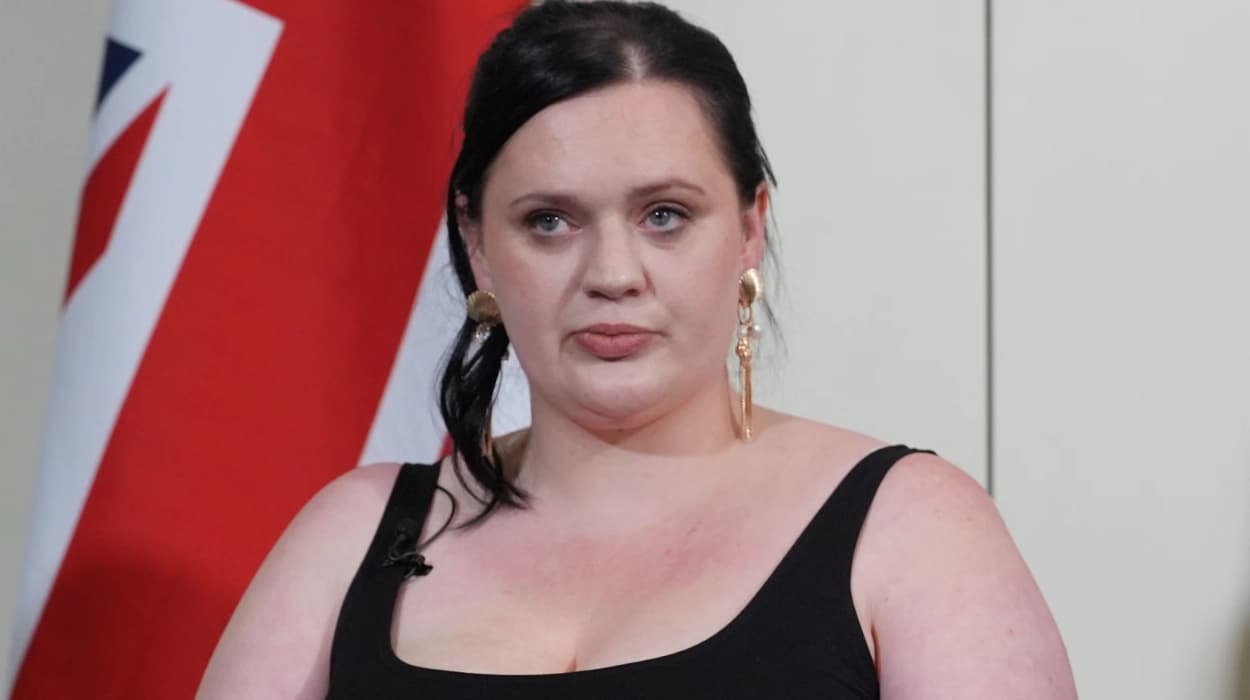Keir Starmer's national grooming gang inquiry is in disarray
after two survivors resigned, citing contempt and political interference.
Fiona Goddard and Ellie-Ann Reynolds resigned Monday from the oversight panel of the inquiry, citing "condescending and controlling language used towards survivors" throughout the process.
The panel is scheduled to meet with Annie Hudson, the head of the child safety practice review panel, and Jim Gamble, the former deputy chief constable and potential chair of the probe, on Tuesday.
Reynolds, from Barrow, said in a statement:
“The Home Office held meetings we weren’t told about, made decisions we could not question and withheld information that directly affected our work. When I asked for clarity, I was treated with contempt and ignored.”
Goddard, who experienced abuse while residing in a Bradford children's home, had a number of grievances over the investigation's conduct, including the victims' concerns around potential conflicts of interest among those involved.
The Guardian revealed last week that the panel of stakeholders is still debating the parameters of the statutory investigation.
A Labour mayor's calls to broaden the investigation to consider entire areas rather than just known grooming gang victims have drawn criticism from survivors. They think it will weaken the investigation, take longer to wrap up, and divert attention from victims who have been proven.
Last month, West Yorkshire Mayor Tracy Brabin and her deputy, Alison Lowe, pushed Home Secretary Shabana Mahmood to request that the investigation look at grooming gang activity over their whole territory.
But survivors close to the inquiry have criticised these demands. One source said:
“Survivors want justice and that means focusing on specific victims in specific places and getting to the bottom of who knew what and when. If you widen the inquiry, it will become too vague.”
After the independent inquiry into child sexual abuse (IICSA), headed by Professor Alexis Jay, took seven years to complete, concerns about the inquiry's duration have increased.
What has Baroness Louise Casey said about the panel changes?
Baroness Louise Casey has expressed serious concern
regarding the changes to the fixing gang inquiry panel. While
mentioning the significance of the inquiry into systemic failures
to cover children from sexual exploitation, Casey has emphasized the need
for survivor centered approaches. She has stressed that institutional
failures, including denial and resistance by public services like police and
social work, have undermined alot of efforts.
Survivors have blamed the inquiry's leadership, especially the addition of individualities with backgrounds in policing and social work, as these were the institutions intertwined in cover- ups. Casey's report called for rigorous examinations for authorities to face responsibility for once mishandling of abuse cases.
Casey stresses that genuine change requires recognizing these systemic issues, and esteeming survivors’ voices..
